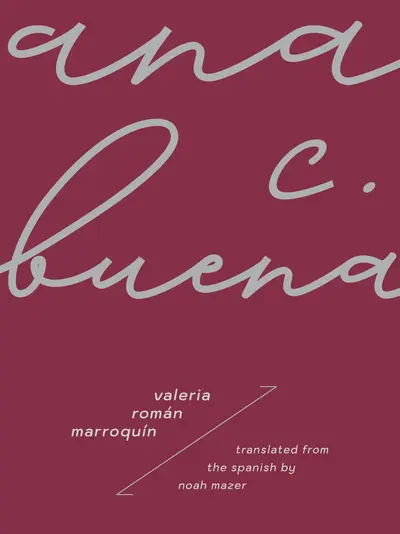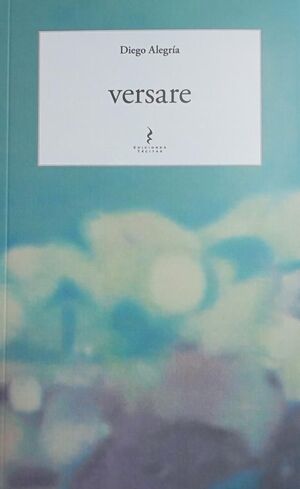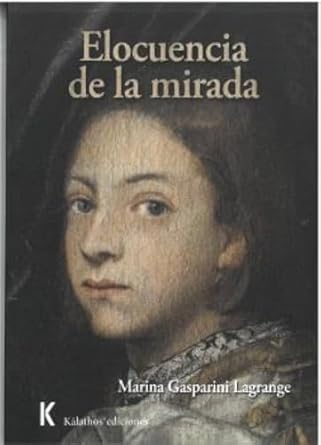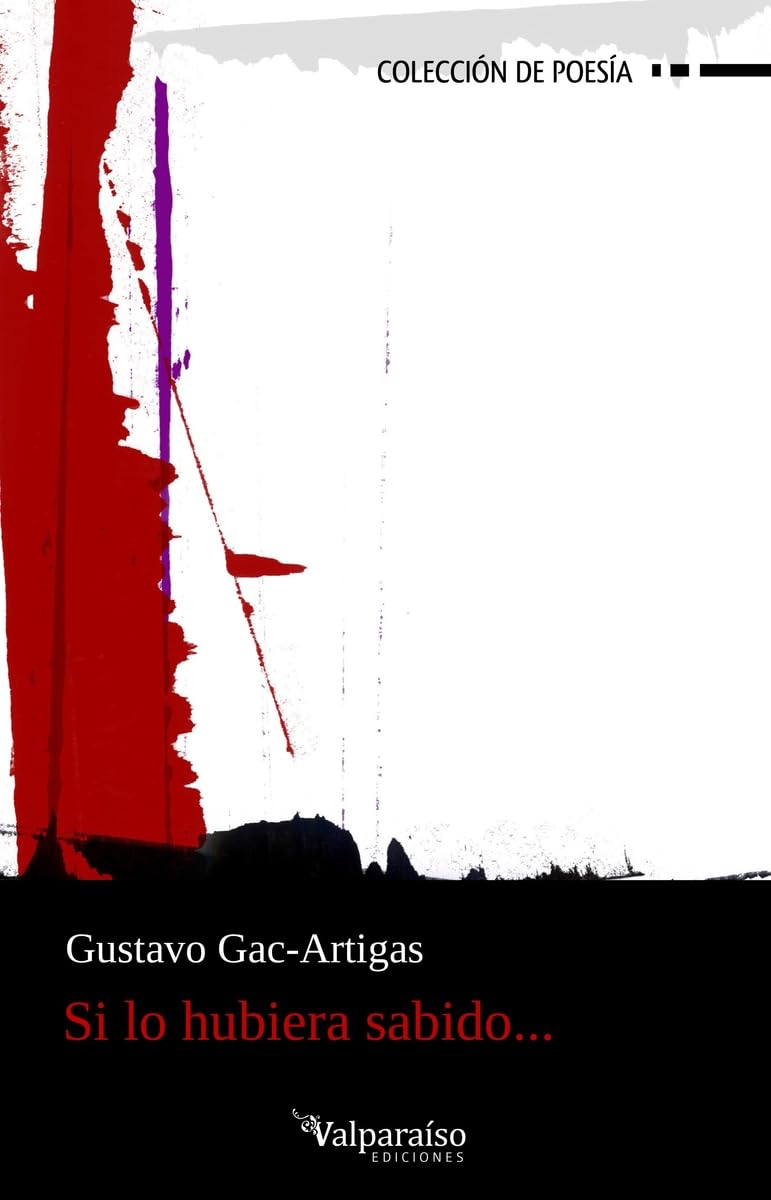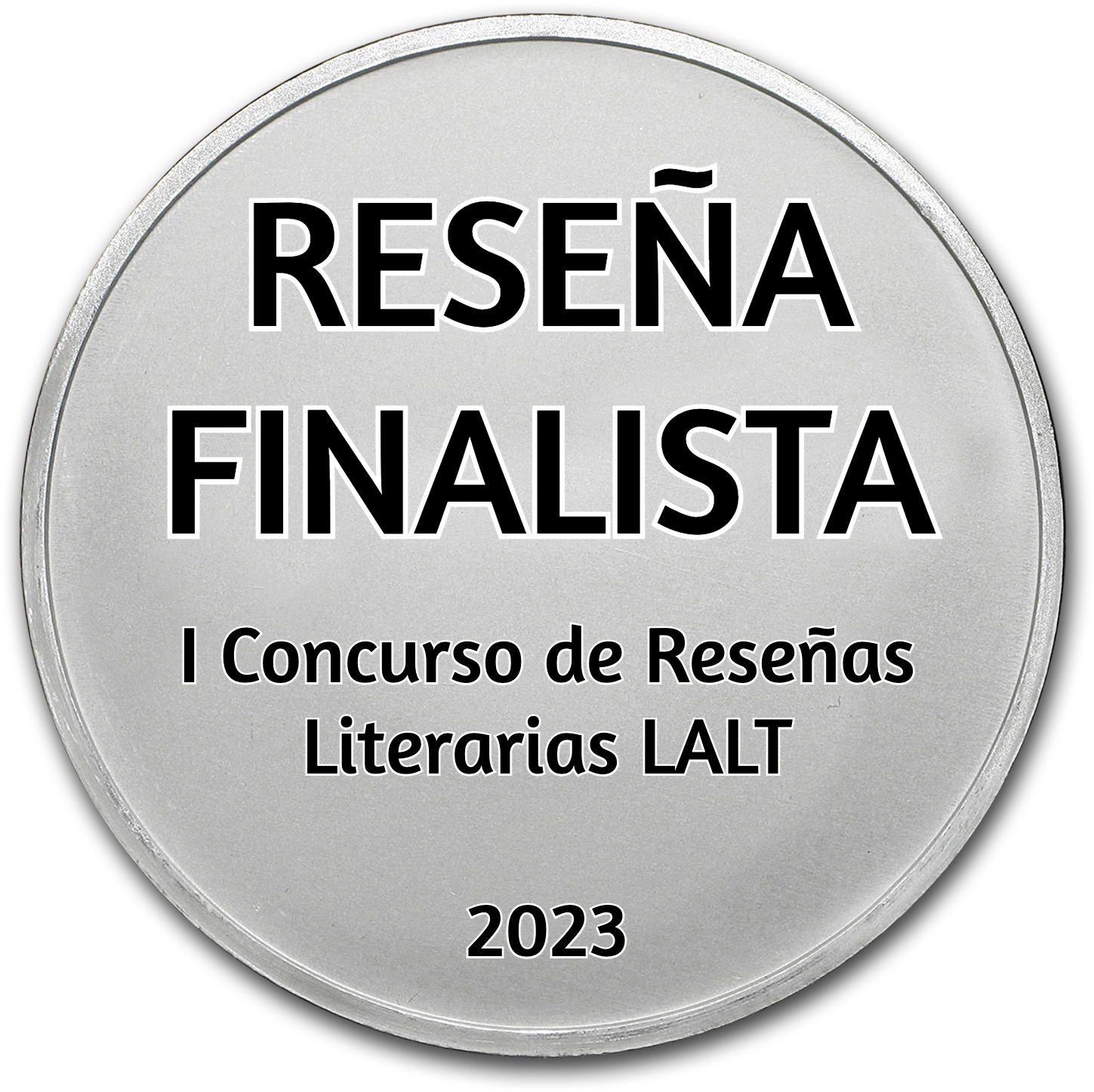
Editor’s Note: This is one of the three finalist reviews of LALT’s first-ever book review contest, held in 2023. We are pleased to share the selected reviews in this issue of the journal.
Granada: Valparaíso, 2022. 72 pages.
 In a seminal essay from the eighties, Puerto Rican writer Rosario Ferré compares the lives of two lyric poets of the twentieth-century Antilles to the positive and negative prints of a single photo. I like to think certain critical reviews undertake the same operation: an intimate task with the reverse-side of the texts in question. I like even more to imagine that every reader sketches the arcane image of an author on some hypothetical tarot card. I suppose the poetry I prefer houses secrets that belong not to its writers, but to its readers. As if the critic were some sort of autobiographer flipped upside-down. Ricardo Piglia did an infinitely better job of saying something similar on more than one occasion in his diaries. Pablo Figueroa and I took a literature course together at the University of Puerto Rico. I remember Emilio Renzi’s zeal in those notebooks, his conviction that life and work are inseparable. With this in mind, allow me to present a brief college anecdote, using my reader’s notes on the first publication by poet and editor Pablo Figueroa (Puerto Rico, 1993): his book Nova Provincia (Valparaíso, 2022), which I intend to review.
In a seminal essay from the eighties, Puerto Rican writer Rosario Ferré compares the lives of two lyric poets of the twentieth-century Antilles to the positive and negative prints of a single photo. I like to think certain critical reviews undertake the same operation: an intimate task with the reverse-side of the texts in question. I like even more to imagine that every reader sketches the arcane image of an author on some hypothetical tarot card. I suppose the poetry I prefer houses secrets that belong not to its writers, but to its readers. As if the critic were some sort of autobiographer flipped upside-down. Ricardo Piglia did an infinitely better job of saying something similar on more than one occasion in his diaries. Pablo Figueroa and I took a literature course together at the University of Puerto Rico. I remember Emilio Renzi’s zeal in those notebooks, his conviction that life and work are inseparable. With this in mind, allow me to present a brief college anecdote, using my reader’s notes on the first publication by poet and editor Pablo Figueroa (Puerto Rico, 1993): his book Nova Provincia (Valparaíso, 2022), which I intend to review.
How long does a crush last between adults? I asked Google the semester we met. Curiously—to fall back on the cliché that opposites attract—Pablo sat at the back of the class in a corner, while I was face-to-face with the chalkboard. Care to walk with me? Professor Luna invited us one night after class. We strolled with him up to the tower that looks over campus, immersed in a special kind of confidence. Before we parted ways, Pablo spoke to me. He asked if my Instagram was the one with the animé profile picture. Are you the one behind the wall of the Gacela del Ático publishing project? I should have answered Pablo, instead of just nodding. Because, after all, we seemed to share that inclination towards the impersonal, a clandestine way of navigating social networks. Our espionage was mutual. As a Patti Smith poem would say, “I saw you who was myself.” For some reason, whenever Pablo spoke up in class, I thought I recognized in his voice a cadence that sounded neither foreign nor local. That stateless breath permeates the poems in his book. One of my personal goals in this review is to explain to myself how this voice—and this mismatch—is made.
The biographical note puts us on notice from the start. Pablo is interested in Polish poetry. His Spanish-language versions of poems by Adam Zagajewski appear in the online journal Círculo de Poesía. He was recognized in the third literary contest organized by the Department of Humanities of the University of Puerto Rico. He is also co-founder and co-editor of the independent press Gacela del Ático. Nova Provincia is his first book.
“I think of a radical poetry, full of allusions and encoded memories, written only for two or three people. A poetry lacking pedagogy or grand conclusions”
In reality, Nowa Provincja is a coffee shop in Kraków. As a title, it implies much more than a declaration of love for contemporary Polish poetry—a tradition Pablo has studied and translated intensively. Neither very Spanish (nueva provincia) nor very faithful (nowa provincja), Nova Provincia suggests a half-completed passage between risk and devotion. Through the book, we make out the voice’s negotiation with the sagely impersonal and anecdotal register we recognize in Wisława Szymborska. If we see this as autobiographical writing, we may be puzzled by its almost negligible use of the pronoun “I” as a site of enunciation. On the other hand, judging from the recurring presence of “sighs” and “breath” in these pages, I’d say the title comes not from a third language, but from an imaginary idiolect. One in which, one day, the poet fell silent, having spent a great deal of time longing for someone in secret.
The poem that opens this set offers a refreshing, self-critical beginning. “The first book almost always,” Pablo says, “was published thinking of someone / whom we love and whom we secretly / wish would love us.” This is a programmatic verse, an interpretative key. Here, public writing presents a disillusioned stance on hopes and aspirations, a devastating or imploring artistic gaze in the manner of Idea Vilariño or Claudio Bertoni—two authors who, along with Szymborska, Różewicz, and Zagajewski, form part of this book’s coat of arms.
In a broad sense, the poems of Nova Provincia take a shot from Cupid’s arrow as their theme. I’d call it the bond between the captive reader and the obsessed writer. It starts from the premise that we write—and read—in terms of someone. As if this hope might somehow help elude the shame of sitting down to write. “Having a crush,” Pablo writes on another page, “produces ridiculous / poems / they wouldn’t be poems for a crush / if they weren’t ridiculous.” How long does a crush last for poets? That, perhaps, is what I should have asked Google last year. This bond is one of the thematic nuclei that lend a unitary and agonal effect to the five sections into which the book is structured.
Written with a stripped-down, intimist style and an unorthodox use of punctuation—capital letters and question marks are scarce within the poems; nor are there periods, commas, or exclamation points—these verses seduce you with their strategic and sensual brevity. I don’t mean to say that Pablo composes micropoems, but rather that their most significant formal trait lies in his predilection for trisyllabic and tetrasyllabic words (in Spanish, “demoler / triturar / acabar / la tristeza / la nostalgia / la de ahora / la de siempre / desde ahora”), shaped almost with a sculptor’s touch, made all the clearer by the seemingly easy but never arbitrary line breaks. The pursuit of agility in syllabic beats only magnifies his efforts to avoid “complicated metaphors,” just as he pulls off unpredictable enjambments:
en qué poemas has pensado
qué libros qué ha pasado
con los estudios el trabajo aquella
idea que una vez me contaste
[what poems have you thought of
what books what happened
with your studies your job that
idea you once told me about]
Pablo Figueroa’s poetry exchanges “the world’s problems” for secrets swapped in hushed voices with a (girl) friend: “My poem / must only happen and be written / be sent to your name / read by you and forgotten,” he says in “KATERYNA.” “What matters is that / it brings to life secrets / and things we read in the afternoon / like Szymborska, for instance.”
I think of a radical poetry, full of allusions and encoded memories, written only for two or three people. A poetry lacking pedagogy or grand conclusions. The hope, if such a hope exists, that a single question can do more, sometimes, than every single cultural opinion on how we should resist in a colony of the United States: “a person I never saw again / asked me what it was like // to live on an island,” he discloses in the final pages. I think the target audience of Nova Provincia is a minority. Demanding readers, at any rate, mistrustful of the declamatory sort of poetry that’s being published in Puerto Rico these days. Readers allergic to the pseudo-activism that gets so much applause at our open mics. Readers of poets, not heroes, mindful of “how trembling is the voice” of a person who makes no concessions and writes only at the service of his own vulnerability.
Translated by Arthur Malcolm Dixon

